The event presented Tashkent's economic importance, investment climate, large-scale projects and strategic advantages in detail.
“It is essential to know the country well”
Delivering the opening speech of the webinar, Özgür Onur Özgüven, President of DEİK Türkiye-Uzbekistan Business Council, addressed Turkish business people with the following words:
“I would like to emphasize that in order to do business in Uzbekistan, it is important to know the country and the conditions well and to do preliminary research well. Being able to determine the right strategy is directly linked to the analysis you will do before going to the field.”
“Investment has increased in recent years”
Speaking after the opening ceremony, Ambassador of Uzbekistan to Ankara Mashrab MAMIROV drew attention to the economic growth process:
"Our investment volume has increased significantly in recent years. This interest makes us very pleased. The trust and interest of Turkish investors in my country gives hope that our relations will further strengthen. I thank you all for your contributions."
“Uzbekistan is one of the most important growing countries in the region”
Speaking at the webinar, Tashkent Commercial Counselor Ahmet Melik Horata detailed the country's economic transformation process and said:
"With its geographical location, young and crowded population and recent reforms, Uzbekistan has a fast growing economy and has become one of the most important growing countries in the region. As Türkiye, we strongly support the new Uzbekistan reforms."
"In the 8-year period since 2017, the country's economy has grown by 65% and reached a size of USD 115 billion. Foreign trade volume increased by 150%. Last year, capital investment amounted to USD 39 billion, 78% of which was foreign capital. The purchasing power of the Uzbek people is growing by 5% every year. These figures clearly show the impact of reforms in the new Uzbekistan."
"Tashkent is the most important region for this change. 20% of industrial production, 23% of construction projects, 40% of the turnover of the services sector takes place in Tashkent. 38% of total exports and 51% of total imports come from Tashkent alone. Today, there are approximately 2,000 Turkish companies in Uzbekistan. In this sense, Türkiye is the third country with the highest number of companies. We believe that this cooperation will increase further."
Presentation by Rustam Kodirov: Investment Potentials of Tashkent
Rustam Kodirov, Vice President for Strategic Development of Tashkent Invest, in his presentation titled “Investment Potentials of Tashkent” explained the city's economic structure, sectoral distribution and infrastructure advantages with figures:
"Tashkent plays a critical role in the country's economy as the capital and main economic center of Uzbekistan. The city is the administrative, financial and cultural center, as well as the place where significant investments and business activities are directed."
"Its GDP is about USD 22 billion, which is about 20% of the country's total. When we look at the distribution of regional GDP, the service sector stands out with 63%, manufacturing 27.8% and construction 9.2%. Trade, accommodation and food services contribute 17.2%, while transportation, storage, information and communication services contribute 16.4%."
"Tashkent's total foreign trade volume is USD 25.3 billion. 21% of this volume is exports and 79% is imports. Real estate investments have reached USD 7 billion."
"The city is located in the heart of Central Asia and has direct access to the markets of CIS countries, China, Europe. Tax incentives, special economic zones, public-private partnerships (PPPs) and simplified regulations are in place to make the investment climate attractive."
"Cost-effective labor, strong energy infrastructure and 4,733 km of railway lines boost Tashkent's logistics power. These lines carry 79% of foreign cargo. The Tashkent-Samerkand-Bukhara high-speed rail line and highways provide access to China and Russia via Kazakhstan, Iran and Pakistan via Afghanistan. There are also connections to Europe via the Caspian Sea and the Caucasus."
“Tashkent International Airport serves around 4.5 million passengers per year and has an operational capacity of 1,200 passengers per hour.”
Mega Projects and Renewal Moves
The mega projects and data highlighted in Kodirov's presentation were as follows:
Yangi Avlod SPU (Yangi Hayot Region): A joint project with China's CAMC Engineering. On an area of 764.5 hectares, the annual rent per hectare is USD 25,000. For a 30-year land lease, a rental fee of USD 100,000 is foreseen. The project will be implemented between 2024 and 2026.
Derya Boyu Business City: Located on the banks of the Çırçık River. It will be built on a 16 km long, 70 hectare area with an investment of 500 million dollars. A population of 50 thousand people and 10 thousand new jobs are targeted.
Üçtepe Business City: To be built on 54 hectares with an investment of 1 billion dollars. It will include a hotel, resort, residential and commercial areas. It has a population of 30,000 and employment target of 15,000.
The New Tashkent Project: 23,000 hectares, targeting a population of 2 million people. In the first phase, 6,000 hectares will be developed. USD 10 billion will be invested, with a projected population of 500,000 and 200,000 workplaces. The project's completion period is 2022-2030.
Kodirov: “These projects are the cornerstones of our goal of not only urbanization, but also sustainable growth and industrialization based on export capacity.”
Saidazim Sharipov: “We are planning a canal structure integrated with the river ecosystem”
Saidazim Sharipov, Chief Architect of the New Tashkent City Construction Directorate, shared the following information about the project:
"Within the scope of the New Tashkent Project, plans are being made for 2 million inhabitants on 20 million hectares and 600 thousand inhabitants on 6 million hectares. We will build canal structures in harmony with the ecosystem of the rivers between the two regions passing through Tashkent. We aim for an integrated urban life with road and metro connections."
Adem Arıcı: “We contribute to Uzbekistan with OSTİM experience”
Architect Adem Arıcı, Director of Ostim Organized Industrial Zone and Board Member of Ostim Global, made the following statements in his presentation
"OSTİM, which was established in 1967 and has 58 years of industrialization history, continues to share its experience with friendly and brotherly countries. The Uzbek Turkish Organized Industrial Zone is a strong reflection of the cooperation with the Middle East, Africa, Central Asia and the Balkans."
"This region, where high-tech and R&D companies will be located, is a strong logistics center with its proximity to the highway, railway and airport. A total of 26,976 m² of social areas including 120,960 m² of factory area, 1,375 m² of gymnasium, 3,066 m² of management center, 7,517 m² of hotel, 2,250 m² of polyclinic, 1,910 m² of kindergarten, 5,048 m² of private vocational high school and 5,810 m² of primary school are being built."
"All permit processes will be managed from a single point with the one-stop office system. Infrastructures such as 24/7 quality energy supply, strong internet infrastructure, private transformer and energy production facility are also ready. Buildings will be offered to investors with lease and purchase options."
"The region will contribute to sustainable development with its export center, educational buildings, technopark and social living areas. It will be an exemplary project with a building model that meets green industry criteria."
The webinar continued with questions.


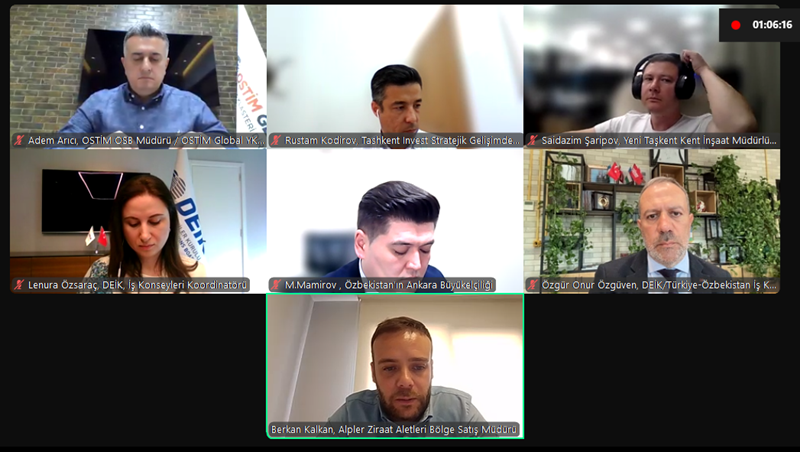

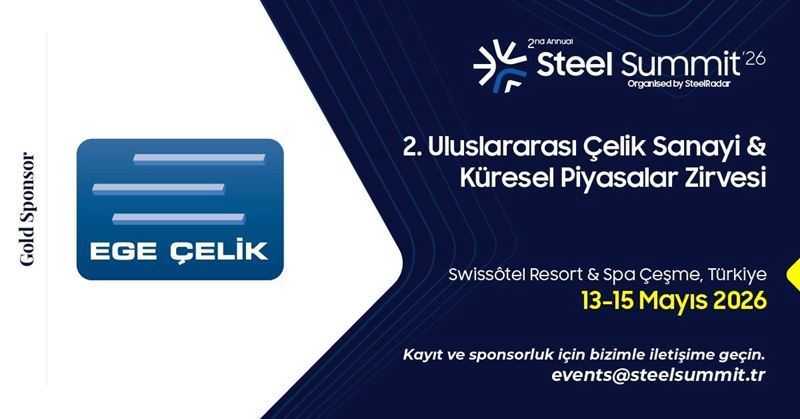

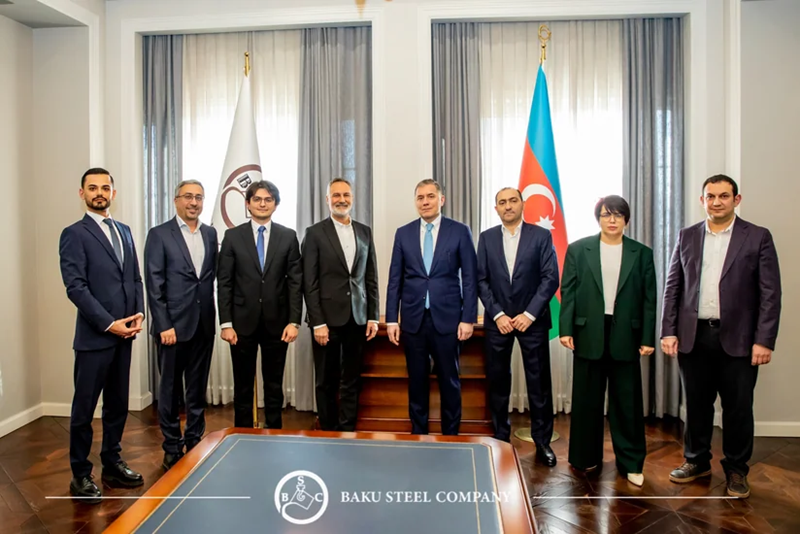
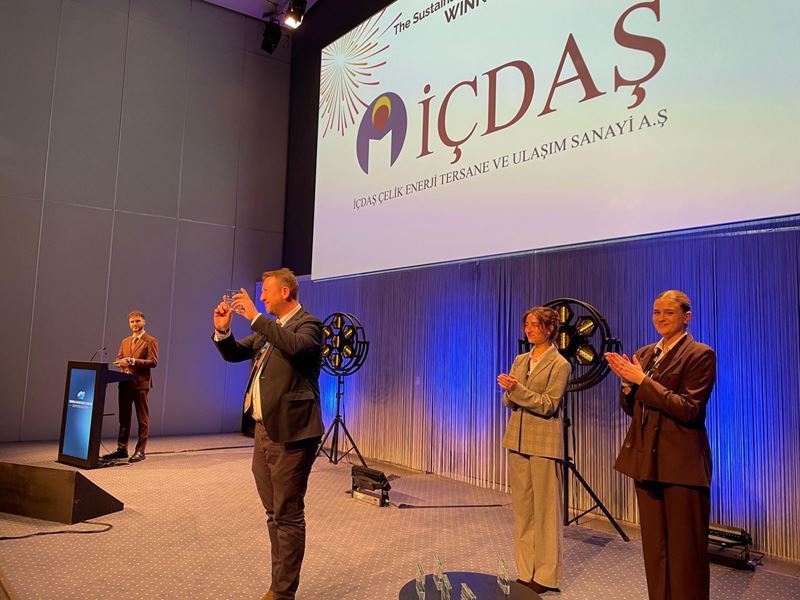
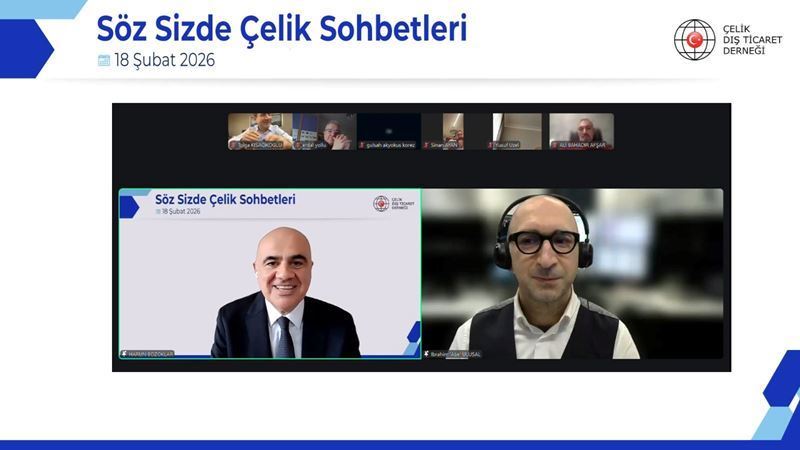


Comments
No comment yet.